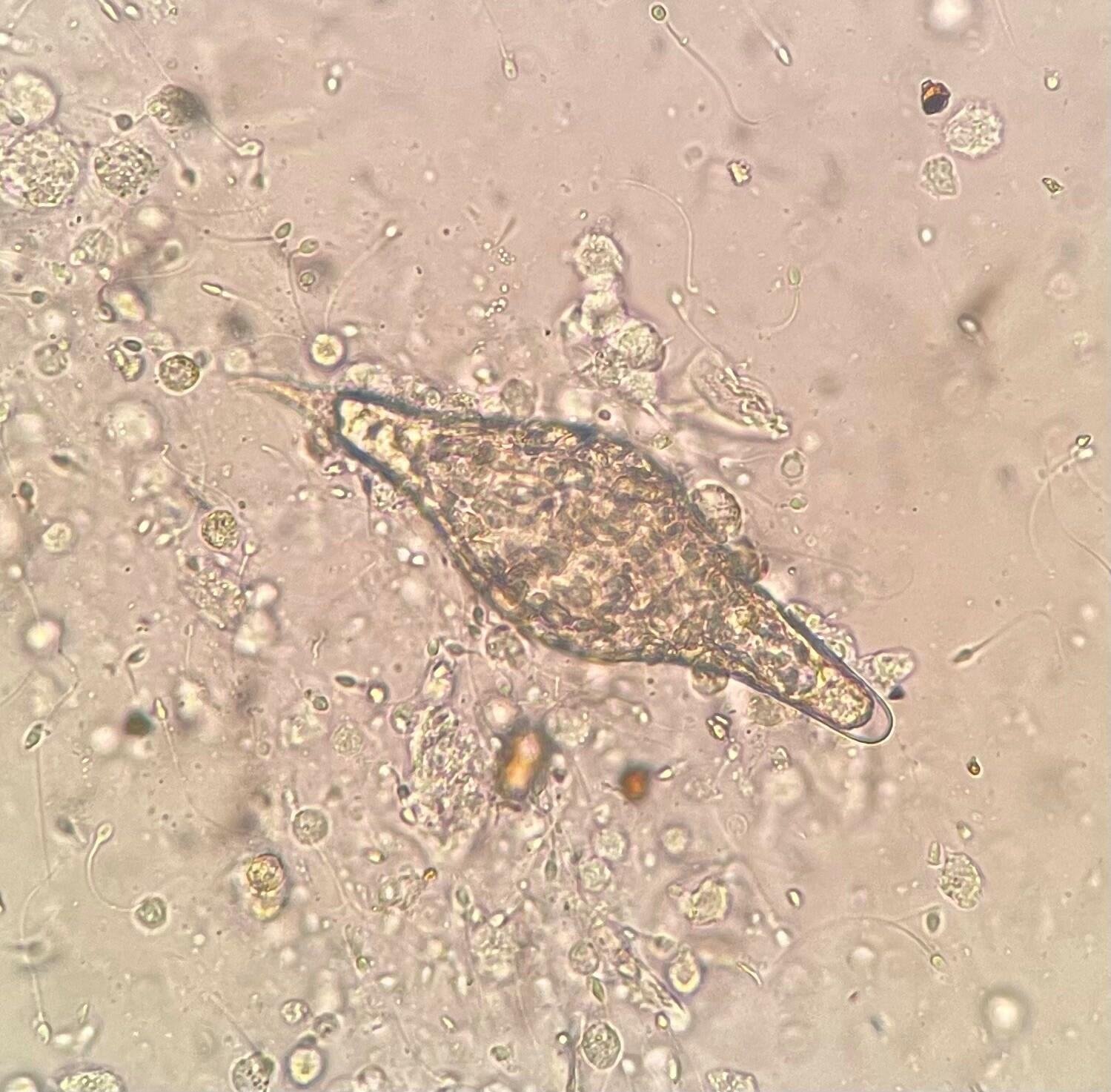
Hybrid infections that may threaten plans to eliminate schistosomiasis as a global public health concern by the end of the decade will be studied in a substantial new research project.
Researchers from Liverpool School of Tropical Medicine (LSTM) and institutions in Cameroon and France will shine a light on the newly identified challenge of hybrid schistosomes – the parasitic worm that causes the disease – being able to circulate in people as well as in livestock.
Schistosomiasis is a neglected tropical disease that affects over 200 million people. In 2021, the World Health Organization launched a new road map for neglected tropical diseases, which targets the elimination of schistosomiasis as a public health concern by 2030.
Previous research involving LSTM in Malawi and Cameroon identified novel human schistosomes that can abruptly change their genetic make-up through hybridisations with schistosomes in livestock. This could increase the risk of reinfections and threaten the effectiveness of current control strategies aimed exclusively at people.
To maintain the elimination target, new research is required to understand the epidemiology of these hybrid worms, both in people and in livestock.
The new eight-year project, ‘Species hybridisation and interactions in schistosomes in Cameroon’, (SHIS-CAM) has received £4.7m from the Wellcome Trust’s prestigious Discovery Award. It will be led by the Centre for Schistosomiasis and Parasitology in Cameroon, along with researchers from LSTM, the University of Yaoundé I, and the University of Perpignan in France.
Researchers will conduct an in-depth, long-term study with schoolchildren in Cameroon who are receiving twice-yearly treatment for schistosomiasis. They will map the distribution of the disease in livestock, and how this interacts with areas of greater prevalence of disease in people, to identify higher risk areas where hybrid schistosomes are evolving more quickly.
The aim is to provide internationally relevant, robust evidence to best inform control policies that can help to control schistosomiasis as a public health concern.
Professor Louis-Albert Tchuem Tchuenté, Professor of Parasitology at the University of Yaoundé I and project lead, said: “Understanding the complex reproductive biology, hybridisation, genetic diversity and gene flow amongst human and animal schistosomes is crucial to optimize control strategies. SHIS-CAM will provide unprecedented appreciation of the population dynamics of hybrid schistosomes at the One Health interface, and essential knowledge to guide the elimination of schistosomiasis in Cameroon.”
Professor Russell Stothard, Professor of Medical Parasitology at LSTM and co-investigator, said: “This is an important project in helping to determine the scale and severity of hybrid co-infections of schistosomiasis. The epidemiology of hybrid schistosomes in cattle is poorly known, so our study of livestock movement with GPS-datalogging technology will be crucial”.
Dr Alexandra Juhasz, Post-Doctoral Research Associate at LSTM and research co-investigator, said: “If cattle are significant ‘vectors’ of transmission nationally, for example, we will aim to develop appropriate mitigating strategies which underpin our ‘One Health’ research approach – to balance and benefit the health of people, animals and the environment.”
Professor Jerome Boissier, Professor of Parasitology at the University of Perpignan and co-investigator on the project, said: "Recently developed molecular epidemiology tools will shed new light on the epidemiology of hybrid schistosomes: i) a new rapid PCR (ARMS-PCR) will enable us to genotype for several thousand parasites, ii) population genomics (RAD-seq) will enable us to monitor parasite gene flows among the different host species, and iii) eDNA (metabarcode) will give us an environmental view of transmissions.”